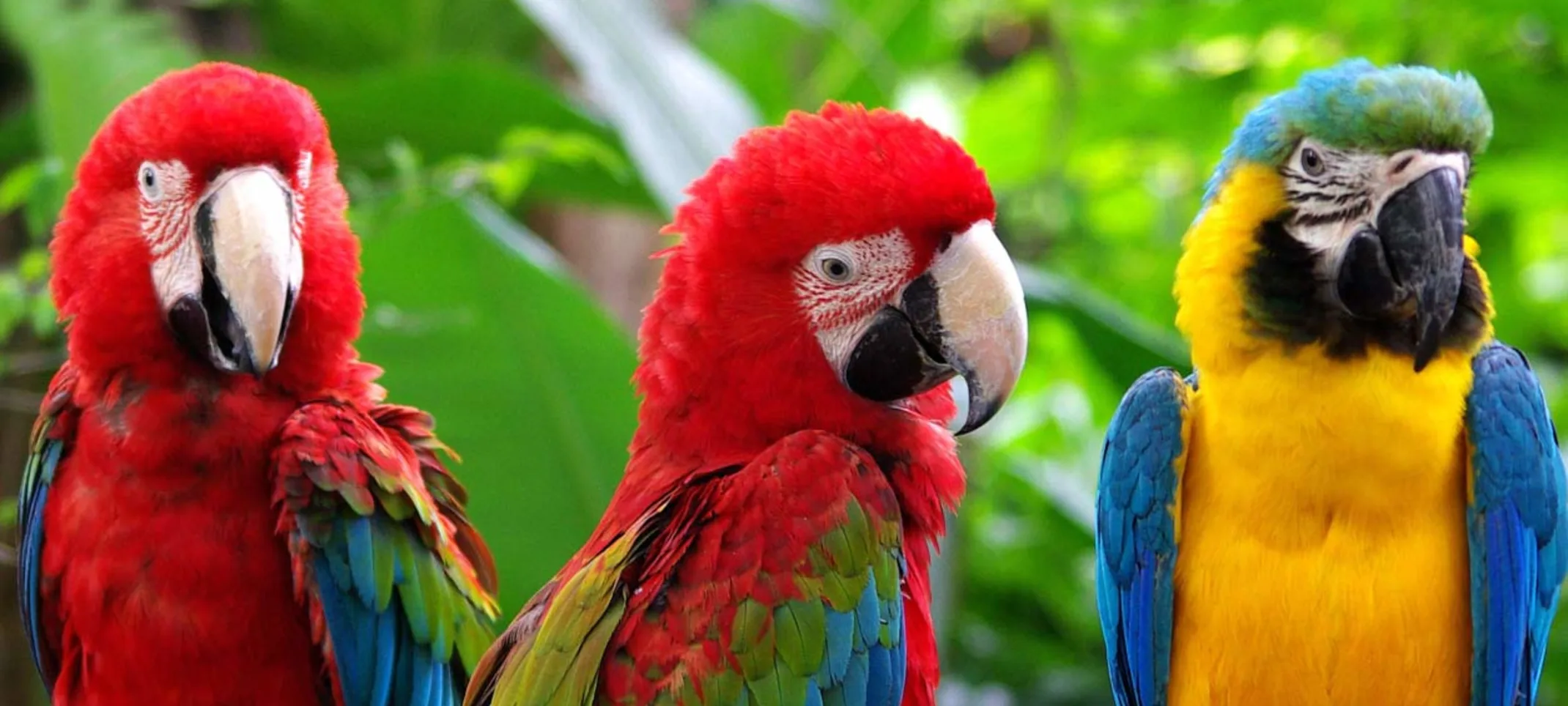Center for Bird and Exotic Animal Medicine
Surgery FAQs
What you need to know before your pet's upcoming surgery.

In many species, it is very important that surgery be done on an empty stomach to reduce the risk of vomiting during and after anesthesia. However, some exotic species cannot vomit, or require constant access to food to reduce the risk of medical complications. Do not withhold food from your pet before surgery without first discussing your veterinarian’s recommendations.
Is the anesthetic safe?
Today's modern anesthetic monitors have made surgery much safer than in the past. At our hospital, we always do a thorough physical exam on our patients before administering anesthetics, to make sure there have been no changes in health status that would affect our treatment plan.
Pre-surgical blood testing is also vitally important in reducing the risk of procedures; this allows us to assess the patient’s organ health prior to anesthesia. Even apparently healthy animals can have serious organ system problems that cannot be detected without blood testing. If there is a problem, it is much better to find it before it causes anesthetic or surgical complications.
If serious problems are detected during the pre-surgical exam or bloodwork, surgery can be postponed until the problem is corrected. For geriatric or ill pets, additional blood tests, electrocardiograms, or x-rays may be required before surgery as well.
We administer IV fluids to patients during most of our anesthetic procedures. This is critically important to keep patients well hydrated throughout the procedure and provides us with an emergency access port if the need should arise. We provide ventilation support to our patients throughout all surgical procedures to ensure that they are receiving adequate oxygen and anesthesia. Specialized heat support is also offered to keep our patients warm before, during, and after their surgery.
Will my pet be in pain?
Anything that causes pain in people can be expected to cause pain in animals. Pets may not show the same symptoms of pain as people do; our staff is trained to be able to identify the subtle signs of discomfort in the wide variety of exotic species we treat, and will help teach you how to do the same. We include pain management with every surgical procedure for both the comfort of the patient, and to speed the recovery process. The type of pain medication utilized will depend on the surgery performed. This may involve a postoperative injection which will ensure the patient is comfortable upon waking, and oral pain medications for the next few days after the procedure. Major procedures require more pain relief than minor procedures. Any animal that appears painful will receive additional pain medication.
Recent advances in pain medications have allowed for better pain control in exotic pets than ever before. However, many exotic pets do not tolerate certain pain medications, or have different pain receptors requiring a unique approach to therapy. At no time should you give your exotic pet human medication unless directed to do so by a veterinarian.
Will my pet have stitches?
For some surgeries, we use absorbable sutures underneath the skin. These will dissolve on their own, and do not need to be removed later. Some surgeries, especially tumor removals, do require skin stitches. With either type of suture, you will need to keep an eye on the incision for swelling or discharge. Some exotic animals (especially small rodents and sugar gliders) are prone to licking or chewing at their incisions; a collar or bandage may need to be applied to protect the surgical site and prevent complications.
If there are non-absorbable skin sutures, these will usually be removed 10 to 14 days after surgery in mammals and birds, but potentially up to 8-12 weeks for reptiles. You will also need to limit your pet's activity level for a time. No baths are allowed for the first 7-10 days after surgery.
What other decisions do I need to make?
While your pet is under anesthesia, it may be an ideal time to perform other minor procedures, such as dentistry, ear cleaning, or implanting an identification microchip. If you would like an estimate for these extra services, please call ahead of time. This is especially important if the person dropping the pet off for surgery is not the primary decision maker for the pet's care.
